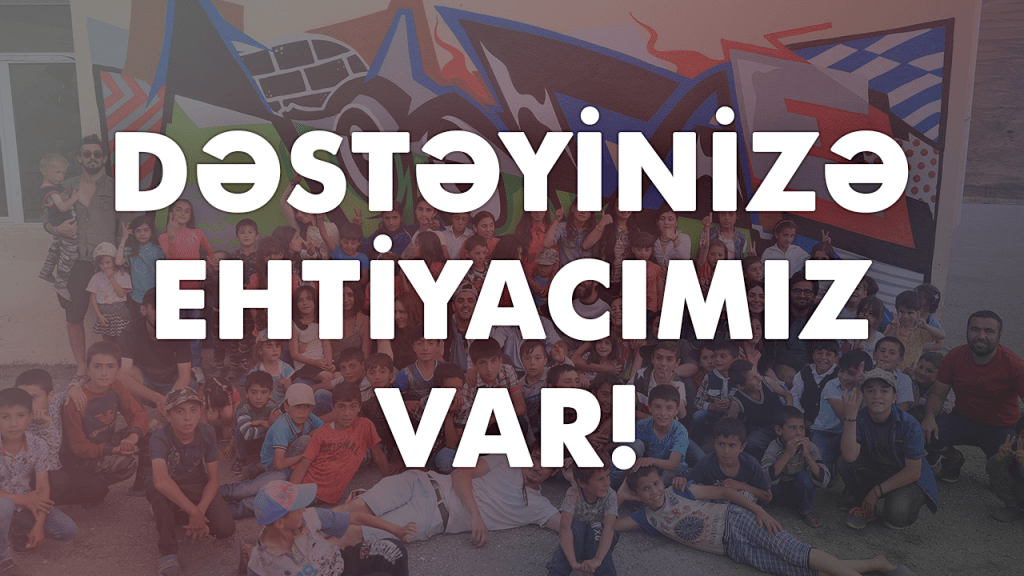Kim Ki-Duk – Film Director who watched movie for the first time at age of 32


Kim Ki-duk is probably one of the most famous representatives of South Korea’s art cinema. His movies have won the prizes of the most prestigious European cinema festivals, but in his own country, they constantly fail. South Koreans say that his movies are “scary”, “dangerous”, “horrifying” and “too Europeanish”. Maybe it’s all about the director’s distinctive style that is really different from most of South Korea’s directors. Maybe it’s all about the topics he raises in his films. Such unusual for South Korea choices of plot and it’s an exposition on-screen are partly explained by the biography of the maitre.
Kim Ki-duk was born in 1960 in a small mountainous village. When he was 9 years old, the family moved to Seoul. Because of financial difficulties, at the age of 16, Kim dropped out of school and went to work at the factory. When he was 20, he went to the army, to the infantry. When he was in his twenties he was serving in the army and also volunteering in a church, helping blind people.
By 1990 Kim who liked drawing since childhood found resources to make his dream come true and went to study to the Paris College of Arts. There he worked as a street artist – that was his main way to earn a living. One of the most amazing facts of his biography is that he watched a movie in France when he was 32 for the first time. Before that he had never been to the cinema, thinking that watching and truly understanding a movie is available only for the educated people (he didn’t think that of himself of course). First movies that he saw and that influenced him ta lot were according to his own words “The Silence of the Lambs” and “Les Amants du Pont-Neuf”. Exactly those movies made a South Korean student to really think about connecting his life with the cinema.
In 1995 for his script he won the first prize in a competition organized by KOFIC. He spent his prize money in 1996 making his debut movie “Crocodile”. During the period from 1996 to 2008 Kim annually released at least one movie. Released in 1998 “Birdcage Inn” drew the attention of Western critics. Since then Kim Ki-duk became an habitué of the most prestigious European cinema festivals, and in 2004 he got Small Golden Lion for “Empty House” in Venice and a Silver Bear for “Samaria” in Berlin. The next big award (“Un Certain Regard” prize of Cannes) Kim got only in 2011 for “Arirang”. This is a very personal film that Kim Ki-duk made by himself completely (he is the director, the scriptwriter, the cameraman, the film editor, the sole actor). Kim won the top prize at the Venice Film Festival with his 2012 film “Pieta” a brutal mother-and-son tale of revenge and redemption. By the way, Kim Ki-duk is the only South Korean director to have won awards at three major European film festivals – Venice, Berlin and Cannes.
It’s interesting that he wrote the scripts to all his movies himself. The more curious thing is that some of his movies were filmed without any script at all. For example, “Spring, Summer, Fall, Winter… And Spring” didn’t have a clear script. The director also said in one of the interviews that he always gladly changes the script in the middle of filming if he thinks this is necessary or if he finds new perspectives. It makes his movies more lively and adds unexpected plot twists. It also makes his style of filming close to the style of early American independent and the directors of French new wave.
The maitre carries the inner conflicts of the heroes to their limits, his movies are full of violent scenes. The director unlike the most of South Korea’s cinema representatives is not ashamed of filming the problems of Korean society. The most critical ones are “Address Unknown” and “The Coast Guard”.
In Kim Ki-duk’s movies images play a more important role than speech. In the “Empty House” you can hear no more than 200 words in an hour and a half. Moreover, according to maitre’s opinion words are often deceitful and meaningless. A director doesn’t need to make the heroes talk a lot to show their inner feelings and emotions – he expresses them using heroes’ actions, even violent ones. However Kim’s movies have almost no “violence for violence” – he sees it more as a sign language, through which those who speak less can express their thoughts: the director claims that his heroes are almost speechless because of the traumas they have experienced in the past.
Kim’s work is full of metaphors. In the movie “Spring, Summer, Fall, Winter… And Spring” Kim allegorically speaks about different stages of human life and cyclical existence. The final scene of “Bad Guy” in which the main hero takes the girl to the seashore shows what heroes gained rejecting the romanticism of a criminal world and middle-class values. “Human, Space, Time and Human” raises a fundamental and philosophical question: what is the meaning of human life at the end of the world?
We don`t know if he was able to find the answer to this question or not? But, unfortunately, a few days ago, he died because of Covid at the age of 59 in Latvia.







